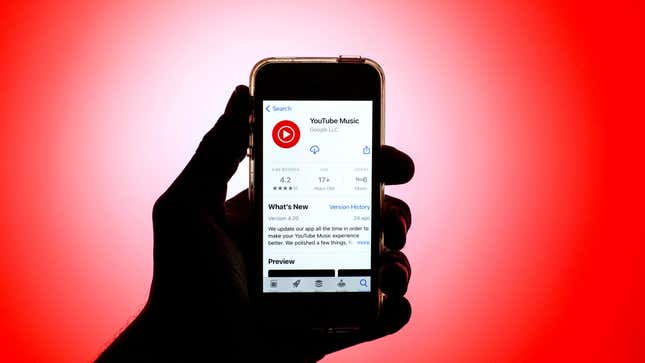
YouTube is licensing out the voices and styles of popular artists with its first set of AI music experiments, announced Google in a blog post Thursday. Dream Track will allow creators to make short, AI-generated songs, using the voices of artists like Charlie Puth, T-Pain, and John Legend.
The tool is currently only available to a small number of creators and works with just nine musicians who have consented to the project. YouTube was in talks with all the major labels about the tool, but talks stalled with Sony Music and UMG.
Earlier this week, YouTube updated its policies to combat AI-generated content on the platform, allowing artists to request the removal of songs resembling their voices. YouTube may have done this to clear a path for monetizable AI-generated music on the platform, like Dream Track.
An executive working on the cutting edge of generative AI in music resigned on Wednesday, publishing his resignation online. Ed Newton-Rex, the VP of audio at Stability AI resigned saying he can’t support creating AI tools using an artist’s discography that would ultimately replace them.
“I don’t see how using copyrighted works to train generative AI models of this nature can be considered fair use,” Newton-Rex said. “I hope others will speak up, either internally or in public, so that companies realize that exploiting creators can’t be the long-term solution in generative AI.”
Artists on Dream Track have consented to their voices and styles being used for the project. Other artists participating are Demi Lovato, Alex Benjamin, Louis Bell, Papoose, Sia, Troye Sivan, and Charli XCX. All the artists released statements about the project, and some were more enthusiastic than others.
“When I was first approached by YouTube I was cautious and still am, AI is going to transform the world and the music industry in ways we do not yet fully understand,” said Charli XCX.
John Legend says he’s “happy to have a seat at the table” and looks forward to seeing what creators dream up during this testing period. Charlie Puth hopes technology like AI “will accelerate creativity instead of replacing it.”